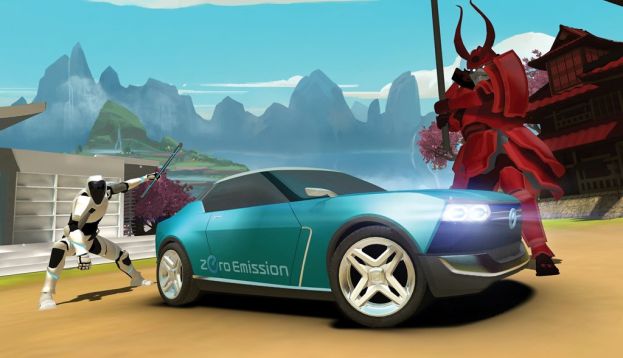Some companies like to stick with the “tried and true” methods of advertising, but others aren’t afraid to try something different – especially with trends on the upswing based upon what consumers are looking for.
Speaking with Adweek, Nissan CMO Roel de Vries believes that a shift to digital means for car advertising could be a change for the better, especially considering that anywhere between 80 to 90 percent of consumers actually begin shopping for their newest vehicles online. This, in turn, allows them to find what they want before stepping one foot into a dealership.
As a result, Nissan is one of the first companies providing a new push into digital advertising, utilizing it for brand-building as well as direct-response marketing. “There’s a lot of money that we spend to make sure that the customers, (who) are close to buying a car, get information about our products and brands,” he said.
Part of the process involves changing up showrooms with digital upgrades, including mobile devices for sales associates, so they can look up information on the fly. That doesn’t mean that they won’t be doing their job when it comes to selling vehicles, though. “You spend a lot of money on the car and you’re basically trusting that the dealership will look after you as a customer,” said de Vries.
When it comes to reaching a millennial audience, however, there’s a tougher outreach, as they aren’t buying cars as often as they were before. With that, brand names shouldn’t be so much of a focus, but rather the car itself. “We need to make sure that the car becomes more relevant, I think,” said de Vries. “That’s why you see cars moving into innovative technology devices.
“If you take this 10 years or 15 years further, I do think that cars will appeal to younger people because they have all the innovative technologies that you probably today find in phones and tables,” he continued.
With digital marketing, Nissan will have a better ability to analyze data from consumers, as well as individual campaigns to see which ones work, and which ones don’t. “The big challenge for me is to figure out how to change opinion of your brand if people get so many messages thrown at them – how do you break through ” asked deVries.
Finally, a majority of focus on mobile marketing will come from live events, including sports, as well as entertainment. “Those are moments when you really want to engage,” concluded de Vries. “As a brand, we need to do something meaningful.”

